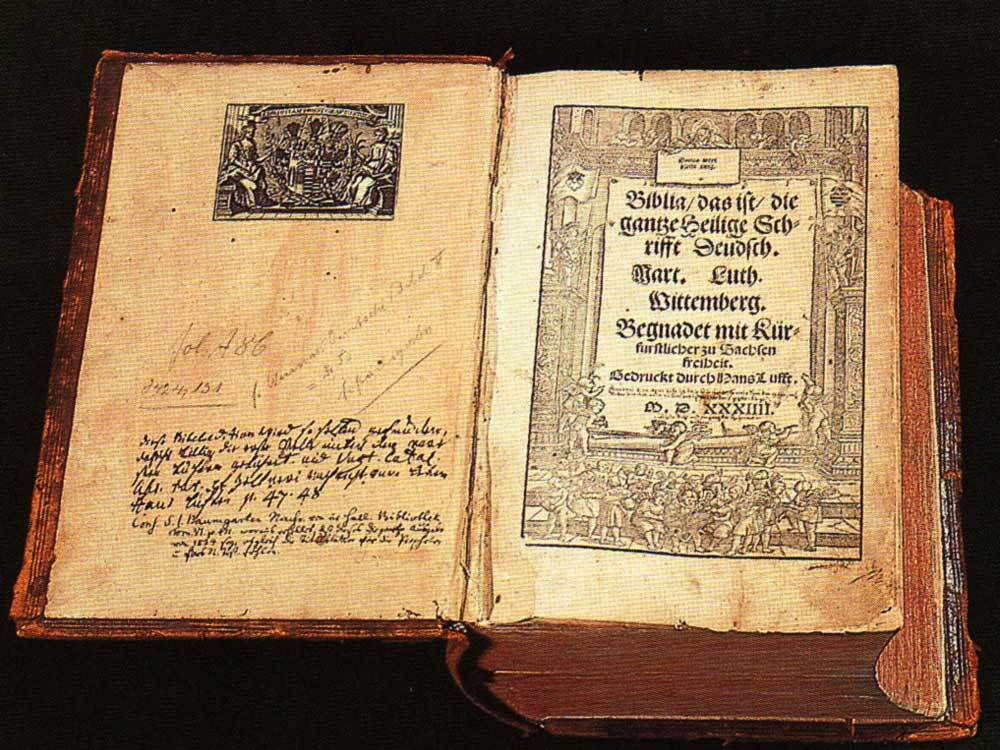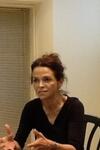HUMS 391, The Bible in German-Jewish Modernist Literature

Course Description
Biblical references in modernist literary works illustrate literature’s potential to transform ancient forms and conceptions into driving forces of renewal. This renewal concerns both literature and the Bible. Their encounter in modernist texts rarely occurs in a straightforward fashion. While the modernist literary reception of Biblical material occasionally does appear as pious affirmation or outright rejection, more characteristically, it alters, displaces, or distorts the original Scriptures. Not only do these transformations enact modernism’s basic injunction to “make it new,” but they also illuminate its complex relationship to tradition as such. The course explores this dynamic in the work of major German-Jewish modernists such as Franz Kafka, Else Lasker-Schüler and Paul Celan.
Led by
|
|
Vivian Liska is Professor of German literature and Director of the Institute of Jewish Studies at the University of Antwerp, Belgium as well as Distinguished Visiting Professor in the Faculty of the Humanities at The Hebrew University of Jerusalem. She’s the (co-)editor of the journal for Literary Culture arcadia, the Yearbook of the European Jewish Literature Association and of many books on Modernism, German Literature and German-Jewish Thought. She also directs the book series Perspectives on Jewish Texts and Contexts (De Gruyter). Her books include When Kafka Says We. Uncommon Communities in German-Jewish Literature (2009), Giorgio Agambens leerer Messianismus (2011), Fremde Gemeinschaft. Deutsch-jüdische Literatur der Moderne (2011) and German-Jewish Thought and its Afterlife. A Tenuous Legacy (2017). She is currently working on New Beginnings. |
